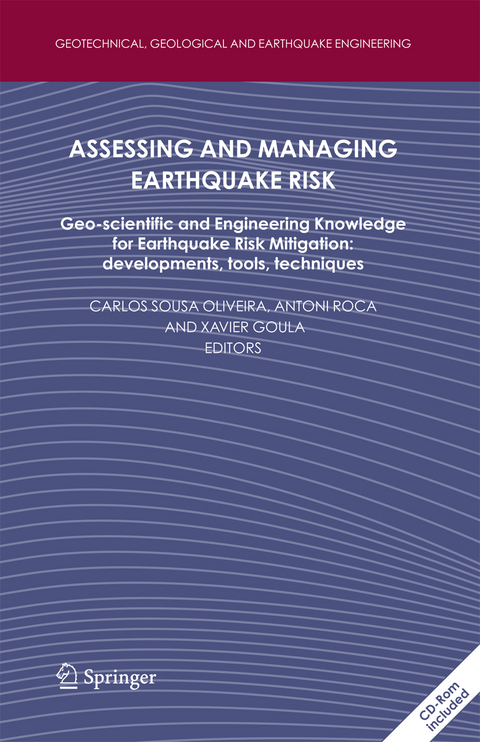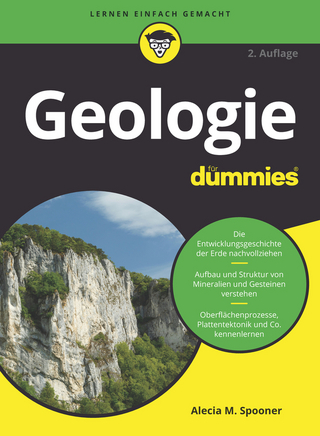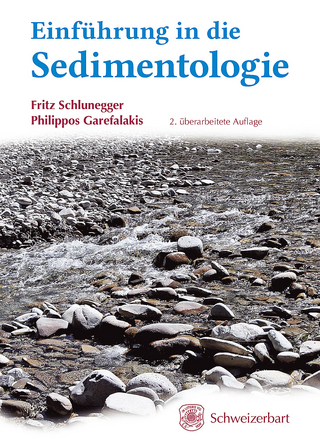
Assessing and Managing Earthquake Risk
Springer-Verlag New York Inc.
978-1-4020-3524-1 (ISBN)
Assessing and Managing Earthquake Risk. An Introduction.- Assessing and Managing Earthquake Risk. An Introduction.- Earthquake Hazard And Strong Motion.- Overview on Earthquake Hazard Assessment - Methods and New Trends.- Observation, Characterization and Prediction Of Strong Ground Motion.- Local Site Effects and Microzonation.- Site-City Interaction.- Vulnerability Assessment.- Vulnerability Assessment Of Dwelling Buildings.- Vulnerability Assessment Of Historical Buildings.- Experimental Techniques For Assessment Of Dynamic Behaviour Of Buildings.- Vulnerability and Risk Assessment Of Lifelines.- System Analysis And Risk.- Damage Scenarios and Damage Evaluation.- Urban System Exposure to Natural Disasters: An Integrated Approach.- Response Of Hospital Systems.- Managing Earthquake Risk.- Building Against Earthquakes.- Industrial Facilities.- Early Warning and Rapid Damage Assessment.- Technical Emergency Management.- Civil Protection Management.- Earthquake Risk and Insurance.- Strengthening and Repairing Earthquake Damaged Structures.- Advanced Techniques in Modelling, Response and Recovery.- Case Studies, Initiatives And Experiences.- Seismic Loss Scenarios Based on Hazard Disaggregation. Application to the Metropolitan Region of Lisbon, Portugal.- Loss Scenarios For Regional Emergency Plans: Application to Catalonia, Spain.- Risk-Ue Project: An Advanced Approach to Earthquake Risk Scenarios With Application to Different European Towns.
| Erscheint lt. Verlag | 1.12.2005 |
|---|---|
| Reihe/Serie | Geotechnical, Geological, and Earthquake Engineering ; 2 |
| Zusatzinfo | XXV, 545 p. |
| Verlagsort | New York, NY |
| Sprache | englisch |
| Maße | 155 x 235 mm |
| Themenwelt | Naturwissenschaften ► Geowissenschaften ► Geologie |
| Naturwissenschaften ► Geowissenschaften ► Geophysik | |
| ISBN-10 | 1-4020-3524-1 / 1402035241 |
| ISBN-13 | 978-1-4020-3524-1 / 9781402035241 |
| Zustand | Neuware |
| Haben Sie eine Frage zum Produkt? |
aus dem Bereich


